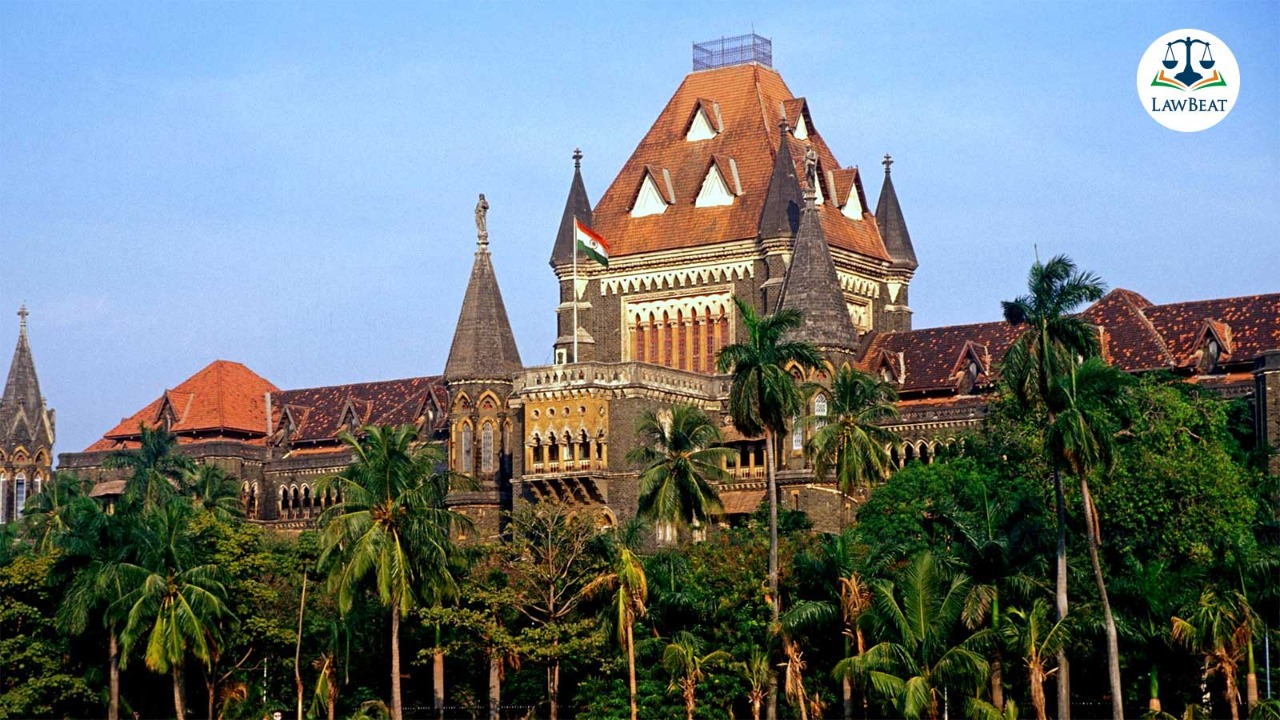Communication between Advocate and client cannot be disclosed in Courts: Bombay High Court

Relying on the Section 126 of the Evidence Act, the bench said that no barrister, attorney, pleader or vakil shall at any time be permitted to disclose any advice given by him to his client, unless he has his client’s express consent to disclose
The Bombay High Court has recently held that Communication between the Advocate and client is a 'privileged communication' under the Indian Evidence Act, 1872 even after the Advocate ceases to represent the case.
A bench of Justice Abhay Ahuja said that "in view of the clear bar in Section 126 of the Evidence Act, and the said communication being privileged, cannot be produced nor admissible in evidence in a case."
The order has been passed in a plea filed by a designated Senior Advocate, Anil Vishnu Antukar challenging the issuance of witness summons directing him to remain present before the Civil Judge, Senior Division, Pune for giving evidence in a civil suit. The plea had sought direction to quash and set aside the said witness summons.
Senior Advocate Ashutosh Kumbhakoni appearing for Antukar submitted that the impugned witness summons requires Antukar to remain present before the Civil Judge, Senior Division, Pune, and produce an office copy of the letter dated January 11, 2004, written by him to his client Shri Dara Bharucha. Given the above, it has been argued that the said communication is a professional communication, an opinion that is protected as privileged communication under Section 126 of the Indian Evidence Act.
As per Section 126 of the Act, it has been argued that "no barrister, attorney, pleader or vakil shall at any time be permitted to disclose any communication made to him in the course and for the purposes of his employment as such barrister, pleader, attorney or vakil, by or on behalf of his client, or to state the contents or condition of any document with which he has become acquainted in the course and for the purpose of his professional employment, to disclose any advice given by him to his client, unless he has his client’s express consent to disclose."
Whereas, Advocate SN Chandrachood appearing for the respondent submitted that the petitioner has only been requested to remain present before the trial court and confirm his signature to the communication dated January 11, 2004. He submits that "there is no prohibition in doing so, as the said communication is already out in the open and has been annexed as Exhibit-B to the petition, so also annexed to the witness summons received by the petitioner, and therefore, is no longer a privileged communication."
After going through the arguments of the counsels, the bench opined that "Evidence is admissible and should be received by the Court to which it is tendered unless there is a legal reason for its rejection. Facts should not be received in evidence unless they are both relevant and admissible. Admissibility presupposes relevancy. Admissibility also denotes the absence of any applicable rule of exclusion. In view of the above, elucidation, it is clear that documents, which are privileged in view of Sections 126 or 129 of the Evidence Act, though relevant cannot be produced or received in evidence."
In view of the above, Justice Ahuja said that a witness, though competent generally to give evidence, may in certain cases claim privilege as a ground for refusing to disclose a matter which is relevant to the issue.
Additionally, the bench while setting aside witness summons, held that "Therefore, in view of the clear language of Section 126 of the Evidence Act that no barrister, attorney, pleader or vakil shall at any time be permitted to disclose any advice given by him to his client, unless he has his client’s express consent to disclose, in the absence of any such consent, the communication dated 11th January, 2004 is a privileged communication, its disclosure being prohibited under Section 126 of the Act, in view of the above elucidation, cannot be allowed to be produced in Special Civil Suit No. 1209 of 2004."
The bench also stated that even though the communication dated January 11, 2004, between Antukar and his client Shri Dara Bharucha, now deceased, is already been disclosed to the trial court and also annexed to the petition, however, in view of the clear bar in Section 126 of the Evidence Act, and the said communication being privileged, cannot be produced nor admissible in evidence in Special Civil Suit. Therefore, Antukar cannot be compelled to attend the trial court for the purposes of confirming the communication dated January 11, 2004, or for identifying his signatures to the said communication.
"And in view of the explanation to Section 126 of the Evidence Act, which explains, that the obligations not to disclose in the said section continue even after the employment of the professional has ceased, the said prohibition would continue even though Shri Dara Bharucha is no more," the bench added.
Case Title: Anil Vishnu Anturkar Vs. Chandrakumar Popatlal Baldota & Ors.
